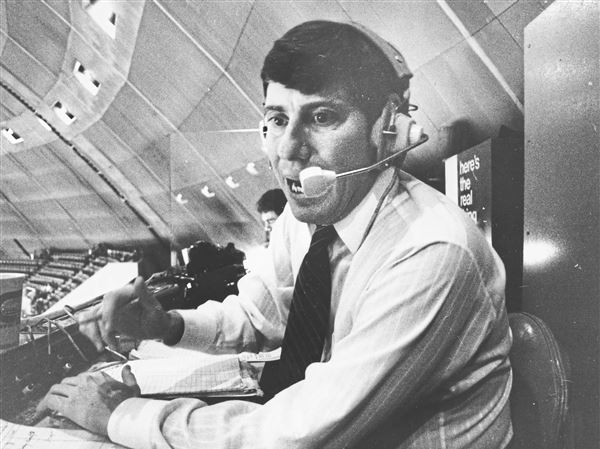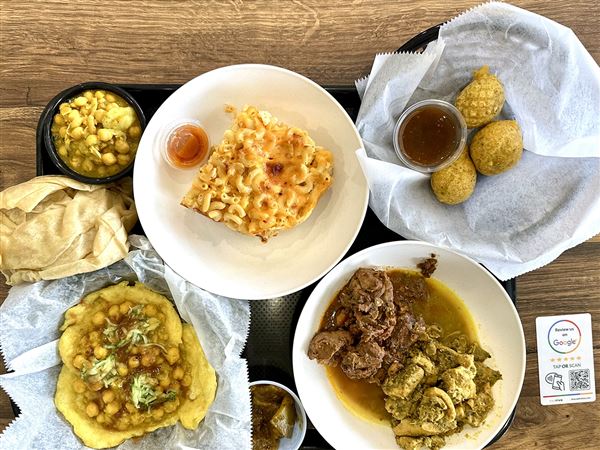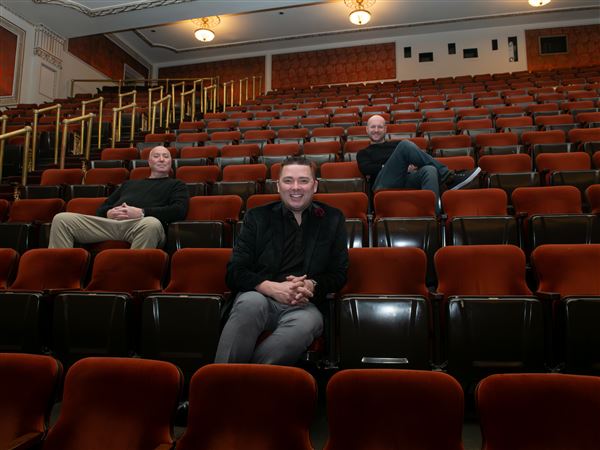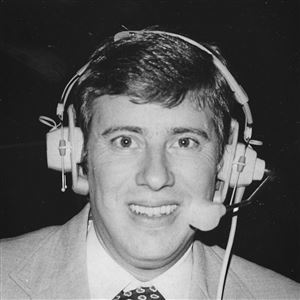BAGHDAD — The Iraqi unit, bunkered in a village in Anbar province, had held the militants at bay for four days. But running perilously low on ammunition, food and water, the soldiers finally took matters into their own hands.
They started making calls — to commanders, friends, members of Parliament, even a humanitarian aid organization. “We told them we would be slaughtered if they did not provide us with ammunition,” said Cpl. Hussein Thamir, 24, a soldier in the regiment.
Even so, the chain of command never got supplies to them, and the soldiers said they had finally been forced to abandon their base and run: another rout of the Iraqi military by fighters of the Islamic State, also known as ISIS.
On Friday, the soldiers’ accounts of their battle this week again exposed some of the glaring weaknesses of the Iraqi army, which has been struggling to counter insurgents who have seized large stretches of western and northern Iraq this year.
Last weekend, Islamic State fighters stormed an army base in Saqlawiya, also in Anbar province, capturing more than 100 soldiers. Anbar, which is majority Sunni, is a major transit corridor between the Syrian border and Baghdad, and has long been a source of resistance to the Shiite-led central government.
But soldiers who were in the battle this week insisted that this latest setback was due not to a failure of mettle — an accusation leveled at some units that have evaporated in the face of Islamic State fighters — but rather to chronic shortcomings in the Iraqi military’s logistics and communications capabilities. “We wouldn’t have left the battlefield if we had been provided with ammunition,” said Cpl. Ali Ghazi Hilal, 32, an eight-year veteran of the Iraqi army. “I have not seen such a betrayal ever.”
Spokesmen for the military command in Anbar and in Baghdad did not respond to phone calls and messages seeking comment.
The regimental detachment of about 150 soldiers deployed last month to Albu Etha, a village near the city of Ramadi, the provincial capital, soldiers said. Most of the village’s residents had fled for fear of the Islamic State.
Islamic State fighters, some in Iraqi army Humvees, first came into view last Saturday, several soldiers said. Using loudspeakers, the militants ordered the government troops to put down their weapons. The Iraqi soldiers were running low on food, water and ammunition, and commanders alerted their operations headquarters that if they were expected to hold out against the insurgents, they would need more supplies. “We were ready to fight,” Cpl. Thamir said.
But late that night, before supplies could arrive, the insurgents attacked. They sent three suicide bombers to breach army roadblocks, then unleashed a barrage of bullets on front-line positions from heavy weaponry, mortars and machine guns. “This was not just a random battle,” Cpl. Hilal said. “They planned well.”
The forward troops retreated to the village, and after several hours, the battle subsided, the soldiers said. For the next few days, fighting was limited to occasional exchanges of gunfire, and the two sides held their ground. All the while, the soldiers continued to request ammunition and food, they said, and were variously told that it was on the way, or that it could not be delivered because the road leading from government-held territory to Albu Etha was littered with insurgent bombs.
The men subsisted on dates from nearby trees and dirty river water. “We were afraid that we would have the same fate as the soldiers in Saqlawiya,” Cpl. Thamir said, referring to the defeat last weekend.
Early Thursday, the insurgents struck again, more fiercely than before, the soldiers recalled. “It was as if there was no resistance,” Cpl. Hilal said. “It was as if we were nonexistent.”
As the bullets flew, soldiers reached for their cellphones. In well-organized militaries, explicit protocols and a rigid chain of command govern battlefield communications. Most U.S. units, for instance, will not allow soldiers to bring unauthorized phones, radios or cameras on missions. But for the Albu Etha soldiers, their personal phones became possible lifelines. Throughout the morning, they called anyone who might have some influence over their situation — operations commanders, air force officers, parliamentarians, tribal leaders. Another soldier, Cpl. Hussein Ali, 33, said he had been put in touch with two generals. “They said, ‘We will provide you with what you need, and we will send you the air support,’ but they did not,” he said.
When no relief came, the unit decided to abandon its positions. The fighting had left 15 dead and 40 wounded, the soldiers said. They retreated on foot by an off-road route to avoid bombs planted along the only roadway available to them, they said. They eventually reached a defensive position where army and police reinforcements were mustering.
“We have isolated ISIS and prevented them from progressing to Ramadi,” said Maj. Gen. Ahmed Saddag, chief of police in Anbar, who was with the reinforcements Friday. The security forces, hindered by the array of bombs planted along the roadway to Albu Etha, had not been able to launch a counterattack yet, Gen. Saddag said. In addition, his troops were hamstrung by a shortage of munitions. “We don’t have a lot of ammunition for heavy weapons,” he said. “It’s a big problem. It’s everywhere.”
Late Friday, the beleaguered men from the Albu Etha battle were sent to a base in Ramadi to rest. They were rattled, but said they were ready to take the fight to the insurgents. “We have the true and honest will to fight, in the event the government provides us with what we need on the battlefield,” Cpl. Ali said. “But yesterday, we cried and cried.”

















